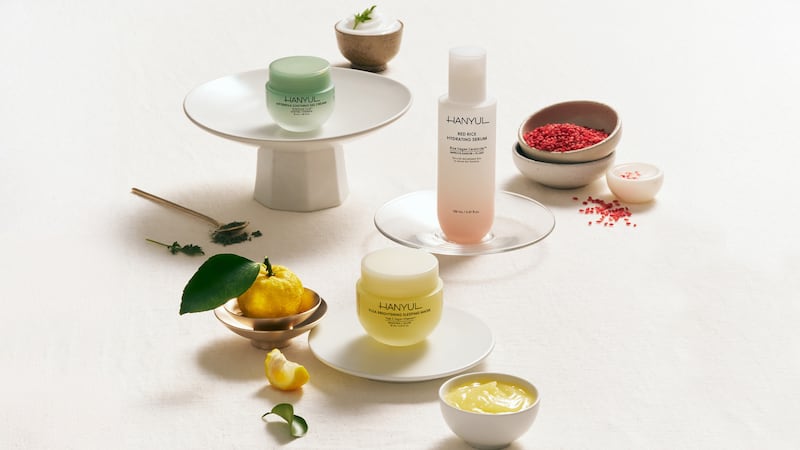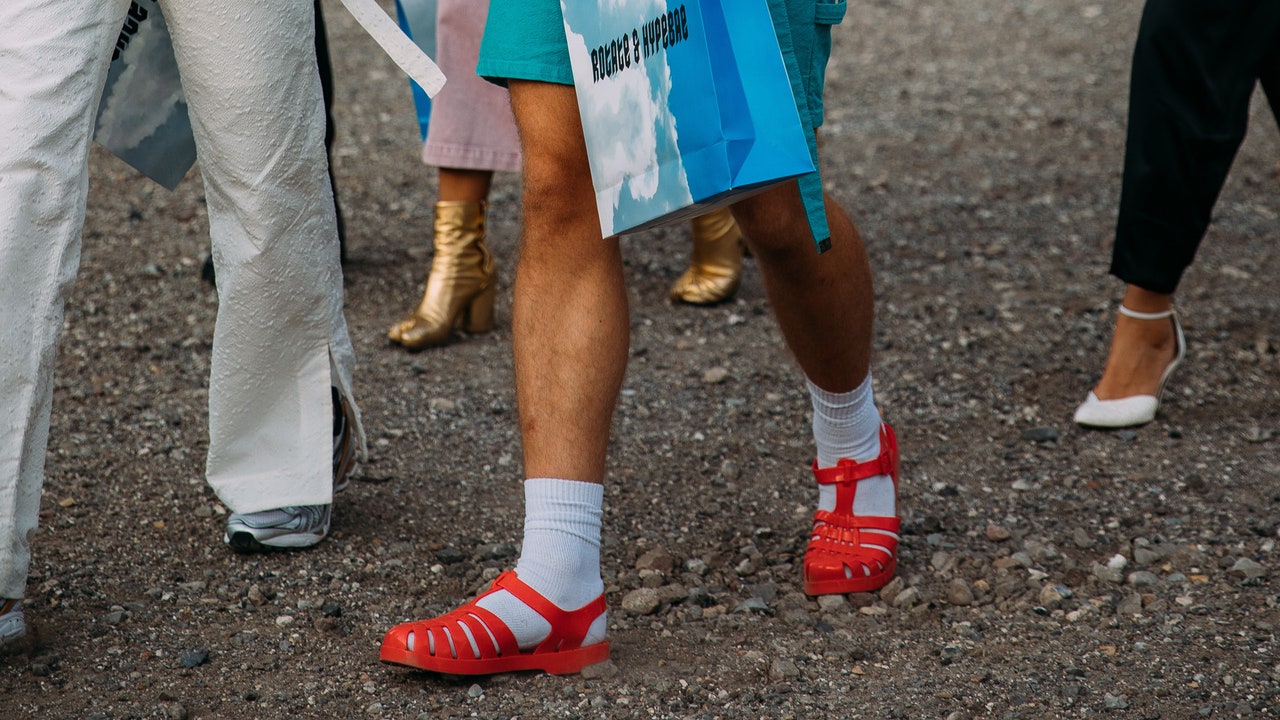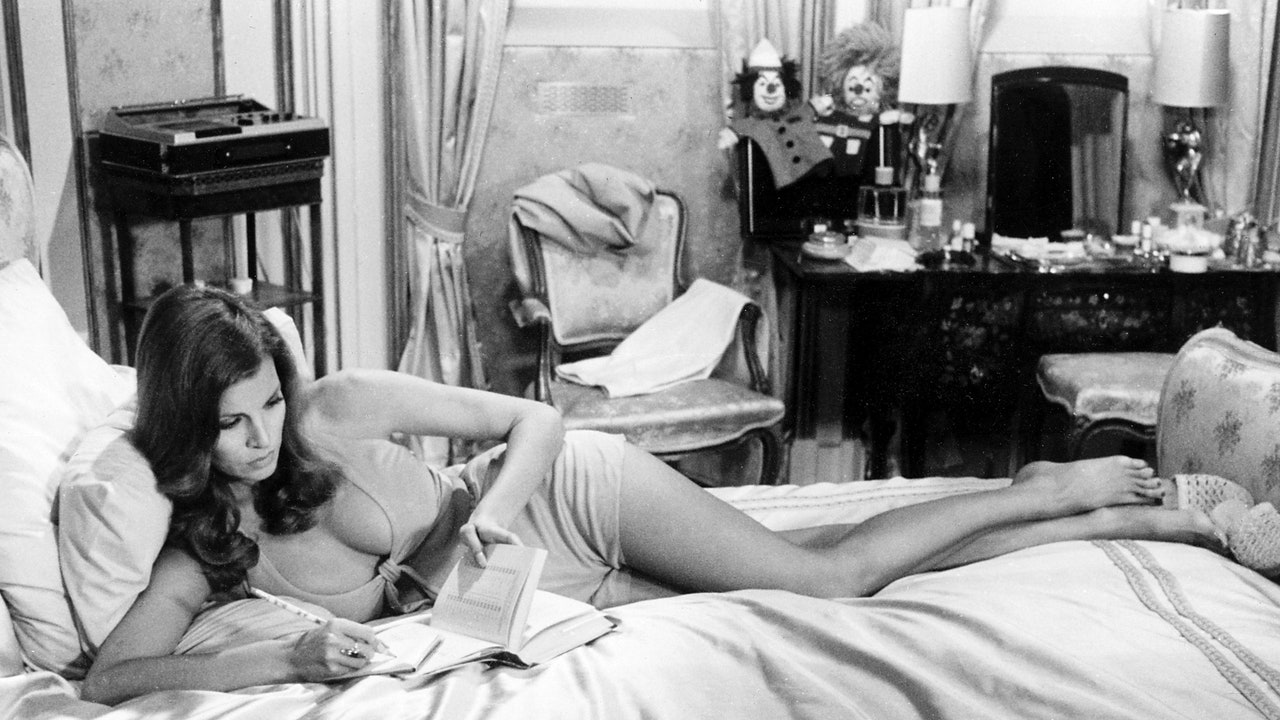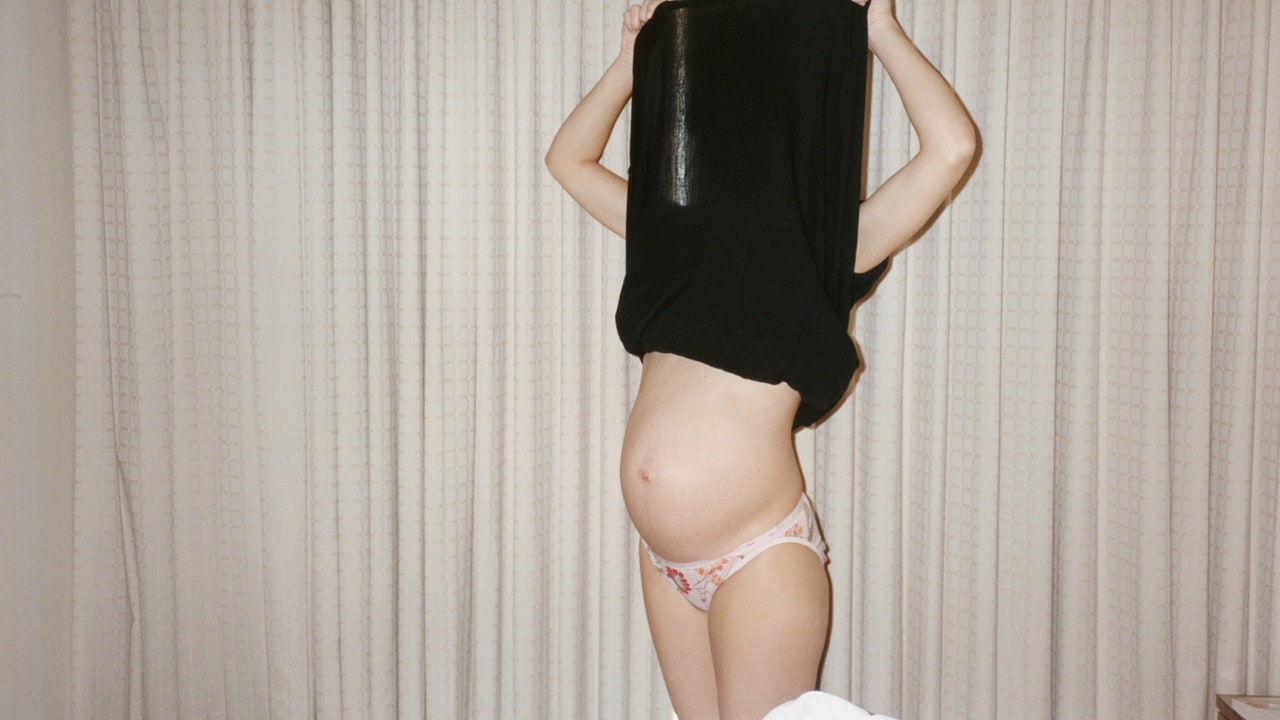You may think you’re drinking enough water, but if you spend most of the day with a cup of coffee by your side, you’re probably more dehydrated than you think. After all, the numbers don’t lie: the human body is about 70% water, and we lose up to two and a half liters of it per day doing just normal activities. Even breathing causes a lot of fluid loss—we exhale around half a liter over the course of the day.
But how do you know if you really are dehydrated? We asked Dr. Lela Ahlemann, a specialist in dermatology, proctology, and nutritional medicine, and Heather Viola, DO, primary care physician and assistant professor of general internal medicine at Mount Sinai, to share their insights. Here, they tell us the eight most common signs you’re not drinking enough water.
The Causes of Dehydration
Before figuring out the symptoms of dehydration, you have to understand how you got here in the first place. “Dehydration occurs when your body loses more fluids than it takes in, disrupting the balance of water and electrolytes,” explains Dr. Viola.
She goes on to say that not drinking enough water daily is one of the main reasons your body will feel dehydrated. Other causes she lists include medical conditions such as fever, sepsis, and kidney disease may also cause increased fluid loss, and your lifestyle and habits, such as strenuous physical activity and drinking known dehydrating drinks (more on that later). Other causes include excessive urination due to anxiety and stress, high salt intake, and taking certain medications, such as laxatives, diuretics, and antihistamines.
Common Drinks that Dehydrate You
Just because it’s a liquid doesn’t mean that it’s going to help your hydration levels. In fact, it might be doing the opposite, depending on what you’re drinking. Alcohol, for example, is one of the most dehydrating drinks for your body. Dr. Viola explains that alcohol inhibits ADH, which is a hormone that helps you retain water. When you drink alcohol, it will increase your urine output and put you at a greater risk of dehydration, especially in large amounts. If you don’t want to cut out alcohol completely, she recommends alternating water between alcoholic drinks to balance it out.
Coffee can be dehydrating, but there is good news for the caffeine-reliant: she says that moderate amounts (about three cups daily) won’t cause significant dehydration in most people. But be careful; because coffee mildly increases your urine output, going past three cups daily will put you in dehydration territory. And contrary to popular belief, soda is actually not typically dehydrating. She explains that because most sodas contain caffeine and lots of sugar, they can indirectly cause water loss. So everything in moderation is always best.
How much water should you drink a day?
In order for the fluid balance in our bodies to be maintained, drinking enough water is clearly key. According to the Mayo Clinic—which uses insights from the U.S. National Academies of Science, Engineering and Medicine—adult women should take in about 11.5 cups or 2.7 liters of fluids per day; men should get 15.5 cups or 3.7 liters per day. And even though about 20% of those totals can come from food (fruit, soup, vegetables, etc.) very few of us really do achieve such high quantities.
Signs of Dehydration
Dry Mouth and a Feeling of Thirst
A very typical sign of dehydration is—obviously—experiencing the feeling of thirst. This, along with a dry mouth, is often the first sign that you need water. And, for good reason: Not only does a dry mouth signify a lack of fluids, but also that your immune system is becoming weakened. “A dry mouth can lead to the oral mucosa, an immune defense, being weakened and you can become more prone to infections,” explains Dr. Ahlemann. “If you can’t manage to drink water when you have a dry mouth, then you should at least rinse it out with a little liquid.”
A dry mouth can also lead to bad breath. “Dehydration can lead to reduced saliva production, which is essential for washing away bacteria in the mouth,” says Dr. Viola.
Increased Hunger
Dr. Viola says that the body can confuse thirst with hunger, which can lead to an increased appetite. “Dehydration can impair glycogen production, making you crave quick sources of energy like a sugary snack,” she says.
Dark or Less Urine Production
“When we drink too little, our urine becomes concentrated and changes color,” explains Dr. Ahlemann. According to the doctor, pale yellow urine is ideal. “If your urine is dark, that’s a clear sign that you should definitely drink more. Looking at your own urine is the easiest self-test to check whether you’ve drunk enough water.”
Headaches and Dizziness
“Headache and dizziness can be caused by reduced blood volume due to dehydration, which means that our brain is no longer well supplied with blood and nutrients,” says Dr. Ahlemann, who adds that if you often feel dizzy, you should definitely visit a doctor.
Fatigue and Problems Concentrating
Fatigue and difficulty concentrating can also be due to a lack of fluids and are one of the most common signs you’re not drinking enough water. “Here, too, the reduced blood volume is to blame, which, as mentioned, means that our brain is not optimally supplied,” explains the doctor.
Dry Skin and Lips
According to Dr. Ahlemann, typical signs of dehydration include dry skin and lips. You can find out whether this is the case for you with a small self-test: “Pinch the skin on the back of your hand between two fingers and pull it up. If it seems slow to return to its original state, that is a sign of dehydration.” In addition, many people experience increased itching due to dry skin. “The skin may also appear paler because the oxygen and micronutrient supply is no longer optimal,” she adds. Dr. Viola agrees and adds that the dryness and itchiness can even extend to your scalp.
Dark Circles Under the Eyes
According to Dr. Ahlemann, “if you don’t drink enough, the blood becomes thicker, which tends to make the vessels more visible. Sunken eyes, dark circles, and increased eye wrinkles can be a sign that you’re not drinking enough.”
Constipation
A typical sign that you are not drinking enough? Constipation. It’s easy to understand why this happens: If you drink too little, your intestines withdraw too much water from the stool, which in turn reduces their volume. When the intestinal tract is not full, the body doesn’t feel compelled to eliminate waste. “In medicine, we speak of constipation when we talk about solid stools due to water deprivation,” explains Dr. Ahleman. “But what many people don’t know is that drinking too little can also cause a bloated stomach.”
How do you hydrate if you’re dehydrated?
The most effective way to hydrate yourself is to drink water. Other drinks you can turn to for hydration, according to Dr. Viola, include Pedialyte, electrolyte drinks such as Gatorade, coconut water (which also has the added benefit of being rich in potassium), and mild, which contains water, electrolytes, and other nutrients. Diluted juice also helps, as long as you are careful about the sugar intake and herbal teas or flavored water like coconut water are other great options if you want something with more flavor. She also lists sparkling water as a low-calorie hydration option if that piques your interest.
You can also turn to hydrating foods, she says, such as watermelon, cantaloupe, cucumber, lettuce, and celery. If you can find fruits and vegetables with high water content, it will help keep your body hydrated.
If you have a hard time remembering to drink water throughout the day, she recommends setting timed reminders to ensure consistent hydration and to carry a refillable water bottle around so you have easy access. If you’re feeling nauseous or having a hard time downing liquid, ice chips may help. And in severe cases of dehydration, you might need to see a doctor for IV fluids.








